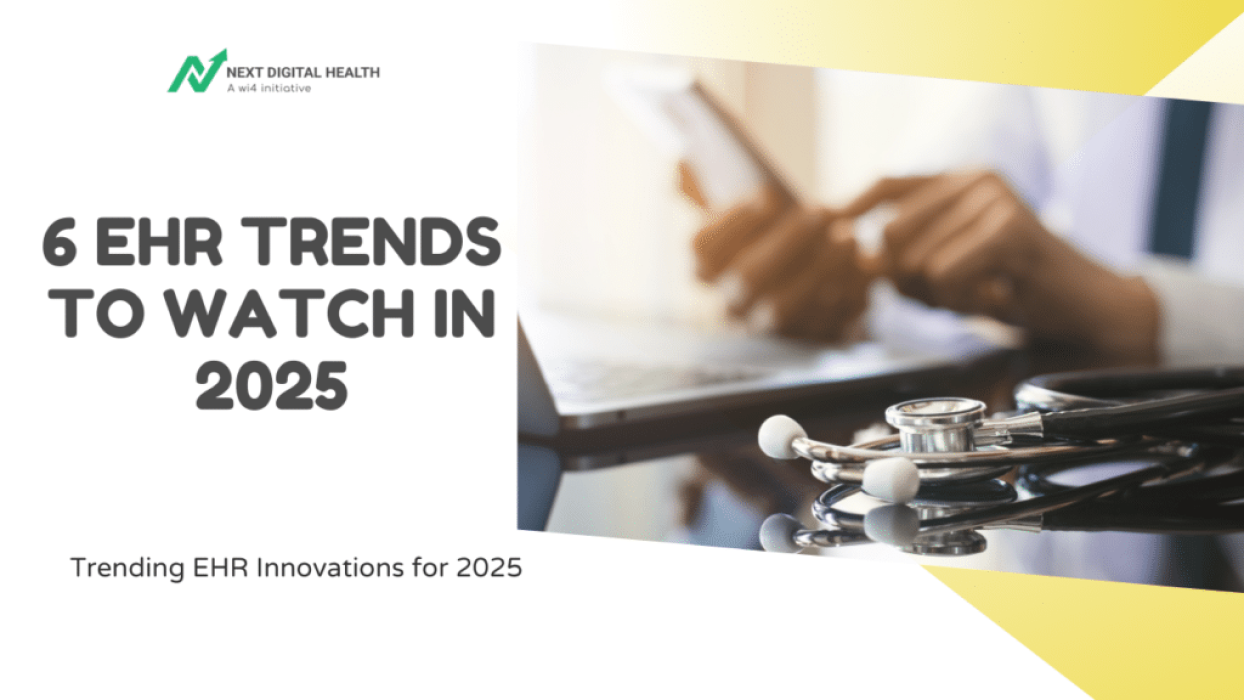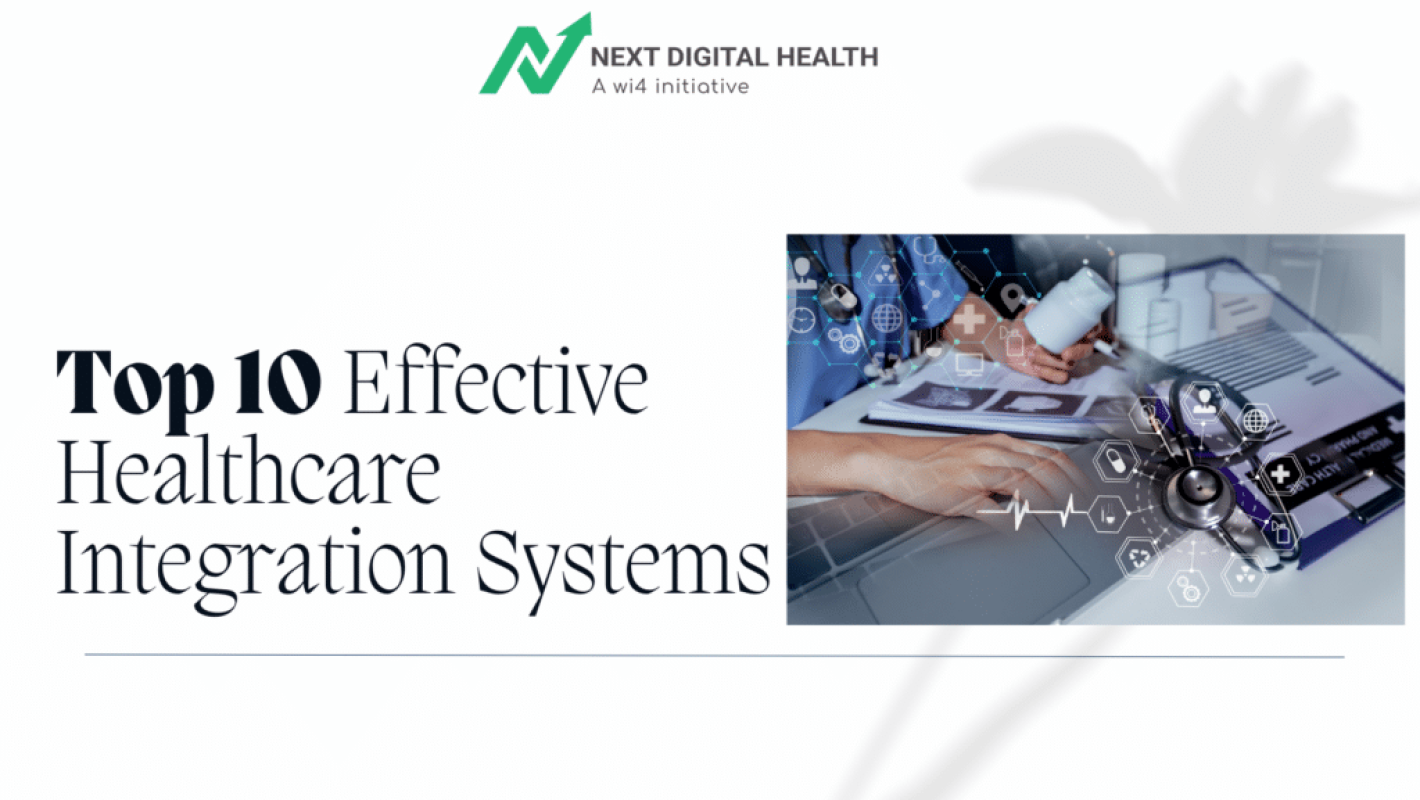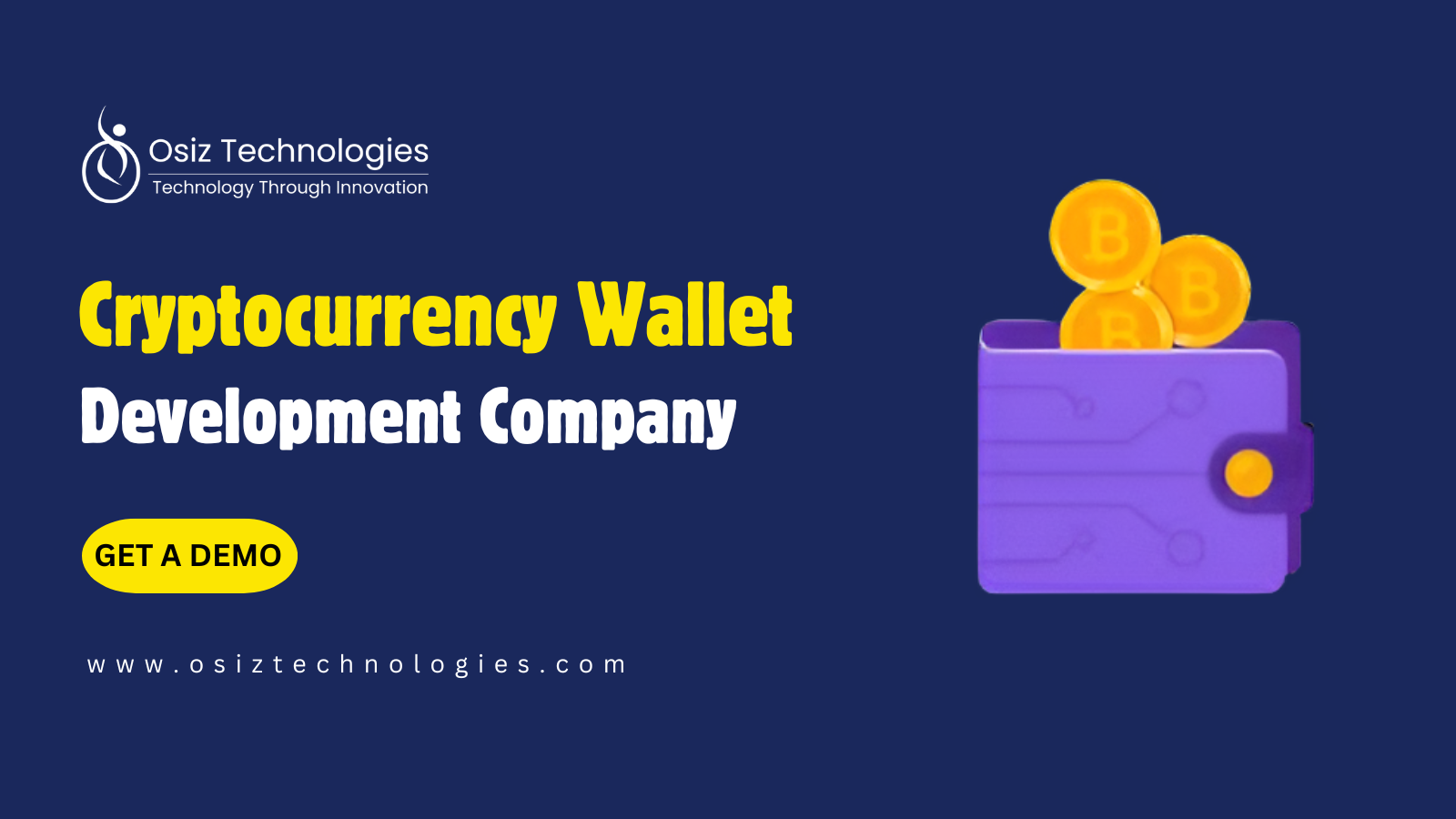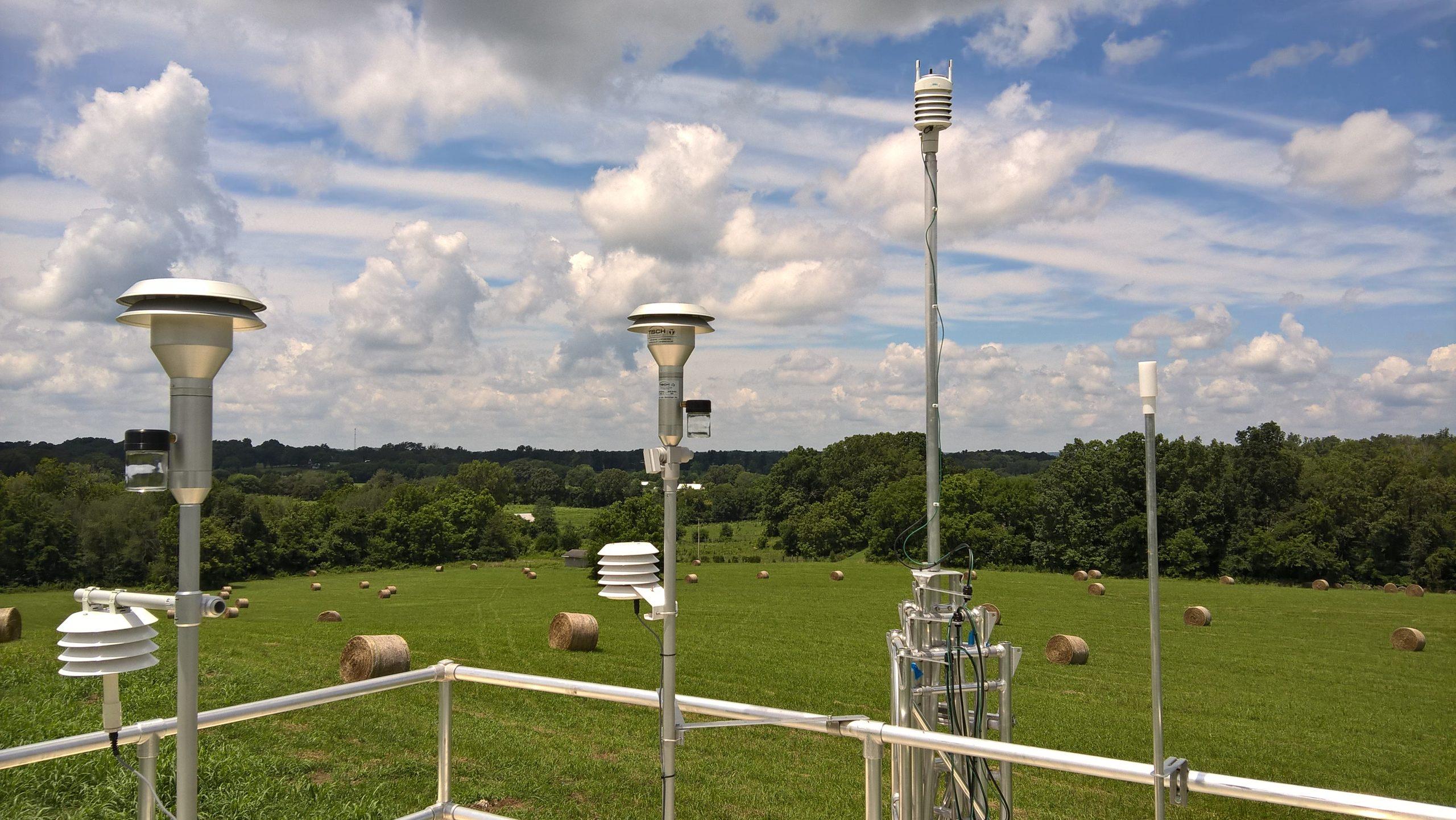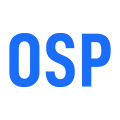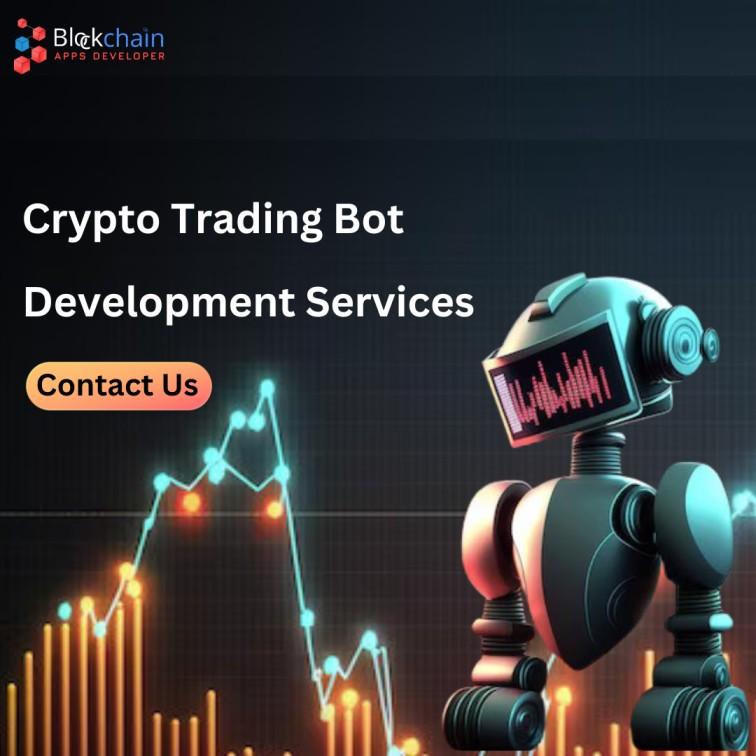Revolutionizing DeFi: The Rise of Staking Platforms
The decentralized finance (DeFi) ecosystem continues to expand, offering innovative ways for users to grow their crypto holdings. One of the most prominent trends in this space is the DeFi staking platform, which enables users to earn passive income by locking their digital assets. But what makes DeFi staking platforms so popular, and how can they transform the way we interact with cryptocurrency? Let’s dive in.
What is a DeFi Staking Platform?
A DeFi staking platform allows users to "stake" or lock their cryptocurrencies into a smart contract to support the operations of a blockchain network. In return, users receive rewards, often in the form of additional cryptocurrency.
Unlike traditional savings accounts, staking rewards in DeFi are typically higher and provide an opportunity for anyone to participate in securing a decentralized network.
Why DeFi Staking Platforms are Gaining Momentum
Several factors contribute to the growing popularity of DeFi staking platforms:
Passive Income Opportunities:
Users can earn attractive annual percentage yields (APY) on their staked tokens, turning idle crypto assets into profit-generating tools.
Decentralized Control:
With no intermediaries, users have full control over their funds, increasing transparency and reducing the risk of third-party manipulation.
Wide Asset Support:
Many platforms allow the staking of various tokens, including popular assets like Ethereum (ETH), Binance Coin (BNB), and stablecoins like USDT or DAI.
Community Governance:
Some platforms incorporate decentralized governance, allowing stakers to vote on platform upgrades, reward rates, or new token listings.
How DeFi Staking Platforms Work
Connect a Wallet:
Users begin by connecting their crypto wallet (e.g., MetaMask, Trust Wallet) to the staking platform.
Stake Tokens:
After selecting the desired staking pool, users deposit their tokens into the platform’s smart contract.
Earn Rewards:
Over time, users earn rewards based on the staking duration, pool size, and APY rates.
Unstake Tokens:
Tokens can be withdrawn once the staking period ends. Some platforms also offer flexible staking without lock-up periods.
Top Features of a Robust DeFi Staking Platform
For a staking platform to thrive, it needs to offer unique features that attract users:
High APY Rates: Competitive rewards to incentivize staking.
User-Friendly Interface: A seamless experience for users, whether they are beginners or advanced crypto enthusiasts.
Security: Multi-layered security protocols, smart contract audits, and two-factor authentication to ensure fund safety.
Analytics Dashboard: Detailed insights into staked assets, rewards earned, and platform performance.
Multi-Token Support: Flexibility to stake and earn rewards across various cryptocurrencies.
Popular Use Cases for DeFi Staking Platforms
Yield Farming: Combining staking with liquidity provision to maximize earnings.
Token Ecosystem Growth: Platforms incentivize staking to stabilize token prices and encourage community participation.
Network Security: Staking supports the blockchain’s consensus mechanism, making networks like Ethereum 2.0 more secure and efficient.
Challenges and Opportunities
While DeFi staking platforms offer exciting prospects, challenges like high gas fees, smart contract vulnerabilities, and market volatility remain. However, these challenges pave the way for innovative solutions like Layer 2 scaling, advanced audits, and insurance protocols, making the future of DeFi staking even brighter.
The Future of DeFi Staking
As DeFi continues to evolve, staking platforms will play a pivotal role in driving user adoption and innovation. With the integration of AI, cross-chain interoperability, and more inclusive financial services, staking platforms have the potential to redefine how we interact with money.
Whether you’re a seasoned crypto investor or a newcomer, DeFi staking platforms offer a gateway to financial independence in a decentralized world.
Final Thoughts
The rise of DeFi staking platforms is more than a trend—it’s a paradigm shift in how we generate wealth in the crypto space. By staking your digital assets, you not only earn rewards but also contribute to the decentralization and security of blockchain networks.
Are you ready to join the staking revolution? Explore the possibilities of DeFi and take your crypto journey to the next level!
Start your DeFi journey today and unlock the potential of decentralized finance!
Contact:
Ready to bring your DeFi to life? Reach out to the team at
WhatsApp - +91 9500575285
Email -
[email protected]Revolutionizing DeFi: The Rise of Staking Platforms
The decentralized finance (DeFi) ecosystem continues to expand, offering innovative ways for users to grow their crypto holdings. One of the most prominent trends in this space is the DeFi staking platform, which enables users to earn passive income by locking their digital assets. But what makes DeFi staking platforms so popular, and how can they transform the way we interact with cryptocurrency? Let’s dive in.
What is a DeFi Staking Platform?
A DeFi staking platform allows users to "stake" or lock their cryptocurrencies into a smart contract to support the operations of a blockchain network. In return, users receive rewards, often in the form of additional cryptocurrency.
Unlike traditional savings accounts, staking rewards in DeFi are typically higher and provide an opportunity for anyone to participate in securing a decentralized network.
Why DeFi Staking Platforms are Gaining Momentum
Several factors contribute to the growing popularity of DeFi staking platforms:
Passive Income Opportunities:
Users can earn attractive annual percentage yields (APY) on their staked tokens, turning idle crypto assets into profit-generating tools.
Decentralized Control:
With no intermediaries, users have full control over their funds, increasing transparency and reducing the risk of third-party manipulation.
Wide Asset Support:
Many platforms allow the staking of various tokens, including popular assets like Ethereum (ETH), Binance Coin (BNB), and stablecoins like USDT or DAI.
Community Governance:
Some platforms incorporate decentralized governance, allowing stakers to vote on platform upgrades, reward rates, or new token listings.
How DeFi Staking Platforms Work
Connect a Wallet:
Users begin by connecting their crypto wallet (e.g., MetaMask, Trust Wallet) to the staking platform.
Stake Tokens:
After selecting the desired staking pool, users deposit their tokens into the platform’s smart contract.
Earn Rewards:
Over time, users earn rewards based on the staking duration, pool size, and APY rates.
Unstake Tokens:
Tokens can be withdrawn once the staking period ends. Some platforms also offer flexible staking without lock-up periods.
Top Features of a Robust DeFi Staking Platform
For a staking platform to thrive, it needs to offer unique features that attract users:
High APY Rates: Competitive rewards to incentivize staking.
User-Friendly Interface: A seamless experience for users, whether they are beginners or advanced crypto enthusiasts.
Security: Multi-layered security protocols, smart contract audits, and two-factor authentication to ensure fund safety.
Analytics Dashboard: Detailed insights into staked assets, rewards earned, and platform performance.
Multi-Token Support: Flexibility to stake and earn rewards across various cryptocurrencies.
Popular Use Cases for DeFi Staking Platforms
Yield Farming: Combining staking with liquidity provision to maximize earnings.
Token Ecosystem Growth: Platforms incentivize staking to stabilize token prices and encourage community participation.
Network Security: Staking supports the blockchain’s consensus mechanism, making networks like Ethereum 2.0 more secure and efficient.
Challenges and Opportunities
While DeFi staking platforms offer exciting prospects, challenges like high gas fees, smart contract vulnerabilities, and market volatility remain. However, these challenges pave the way for innovative solutions like Layer 2 scaling, advanced audits, and insurance protocols, making the future of DeFi staking even brighter.
The Future of DeFi Staking
As DeFi continues to evolve, staking platforms will play a pivotal role in driving user adoption and innovation. With the integration of AI, cross-chain interoperability, and more inclusive financial services, staking platforms have the potential to redefine how we interact with money.
Whether you’re a seasoned crypto investor or a newcomer, DeFi staking platforms offer a gateway to financial independence in a decentralized world.
Final Thoughts
The rise of DeFi staking platforms is more than a trend—it’s a paradigm shift in how we generate wealth in the crypto space. By staking your digital assets, you not only earn rewards but also contribute to the decentralization and security of blockchain networks.
Are you ready to join the staking revolution? Explore the possibilities of DeFi and take your crypto journey to the next level!
Start your DeFi journey today and unlock the potential of decentralized finance!
Contact:
Ready to bring your DeFi to life? Reach out to the team at
WhatsApp - +91 9500575285
Email -
[email protected]




